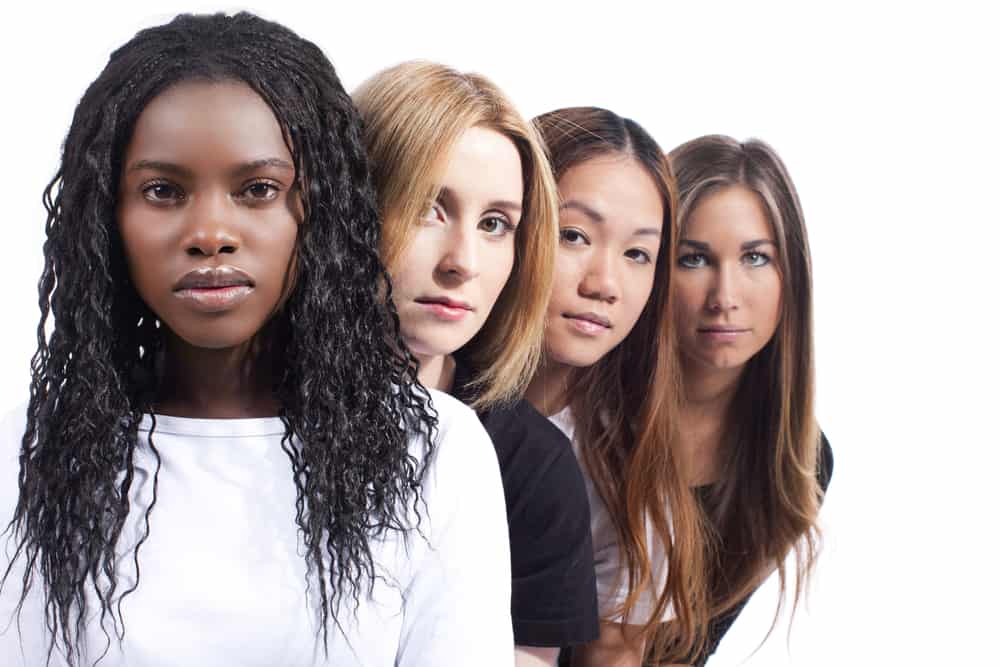Between 1999 and 2016, overdose deaths from opioid prescriptions increased by 583% for women and 404% for men. In 2012, 28 percent of pregnant women entering addiction treatment reported misusing prescription opioids. What’s more, a 2016 study found that emergency medical services were three times less likely to administer naloxone (the life-saving drug) to women experiencing an opioid overdose.
These facts alone make it pretty clear that there needs to be a greater focus on women and the opioid epidemic. In a recent commentary, published in The Lancet, Carolyn M. Mazure, director of Women’s Health Research, and David A. Fiellin, MD, director of the Yale Program in Addiction Medicine, called for researchers, clinicians and policymakers to account for the different ways in which women encounter opioid addiction and treatment.
“As we tackle this epidemic, we must be sure that action plans fully understand and include the influence of gender differences on pain, opioid use and addiction,” Fiellin said in a statement. “Women and men are not identical, and we must treat all people with attention to their specific risks and clinical needs.”
Here’s a look at a few of the talking points in the commentary, along with some well-known facts about women, opioid use and addiction treatment:
- Women are more likely to have chronic pain, be prescribed prescription painkillers and at higher doses than men.
- Women are more likely to be prescribed opioids with other medications that increase overdose risk, including benzodiazepine.
- Women are known to develop a drug use disorder more rapidly than men.
- Women find it harder to quit and are more vulnerable to relapse.
- Women face more treatment barriers, which are often exacerbated due to caregiving duties.
- Women are less likely to seek treatment for a drug or alcohol problem than man.
The authors recommended several steps that need to be taken in the face of our current epidemic, including:
- An increase in insurance coverage for non-opioid therapies for pain management.
- Greater care from medical practitioners when it comes to addressing the specific needs of women with opioid use disorder.
- Protection for women with children or who are pregnant so they can seek treatment without worrying about losing custody.
“… Women and men experience different paths to addiction and possess different treatment needs,” Mazure said in a statement. “It is imperative that we understand these differences if we are to help people and save lives.”
Gender-Specific Addiction Treatment
Due to the specific needs of women with substance use disorders, Guardian IOP offers gender-specific programming in order to optimize treatment for every individual in recovery. To learn more about our gender-specific treatment program, call today: 855-517-1871.

Reviewed for accuracy by:
Anna Marie Barrett LCSW, CYT
Anna earned her Masters of Social Work at Barry University in Miami, FL in 2017 and completed her internship in co-occurring disorders. Anna has a Bachelors of Art in Religious Studies from Naropa University and is a certified yoga and meditation instructor. Anna has received specialized training in somatic counseling with an emphasis on body-centered psychotherapy.




















